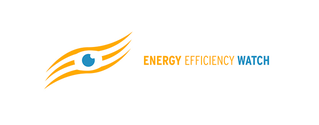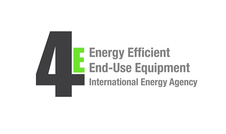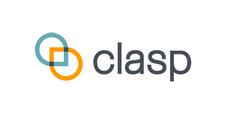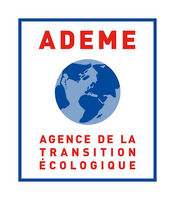Search eceee proceedings
Occasions for energy-efficient renovation: A targeted approach to stimulate homeowners’ uptake of energy advice
Panel: 7. Policies and programmes for better buildings
This is a peer-reviewed paper.
Authors:
Uta Weiss, ifeu - Institute for Energy and Environmental Research, Germany
Henning Ellermann, DENEFF, Germany
Christian Noll, DENEFF, Germany
Laurenz Hermann, co2online, Germany
Dana Ifflaender, Dana Ifflaender, Germany
Martin Pehnt, ifeu - Institute for Energy and Environmental Research, Germany
Abstract
To achieve a climate-neutral building stock, almost every building in Germany must undergo deep renovation and remaining heat supply must switch to renewable energies. However, many homeowners remain unaware of the need to renovate their homes. Despite recent improvements, uptake of energy advice and renovation rates fall far short of the necessary.
This paper analyses how opportunities for renovations like change of ownership, repair measures or biographical changes can be used for a more targeted approach to activate homeowners for energy advice. The study focuses on owners of detached or semi-detached houses in Germany.
We identified and prioritised occasions that could trigger energy advice and renovation and linked them to target groups. So-called personas illustrated core target groups with their motives, needs and obstacles. Focus groups validated the identified occasions and motives and added new insights. Customer journeys then illuminated particularly relevant occasions as well as their possible links to energy advice and allowed us to identify promising communication approaches.
As a result, we found that owners want trustworthy, holistic and independent advice on their property that goes beyond pure energy issues. While climate protection and ecological motives are relevant arguments to owners, they are not central drivers for measures. Furthermore, there is a lack of information about qualified energy consulting services and their benefit to homeowners. For communication of subsidised energy advice, we identified a necessary shift in three respects: (1) by linking promising occasions to customer journeys and using multiple touchpoints to target groups; (2) by addressing the owners’ wishes for advice that goes beyond pure energy issues and (3) through aligning the communication for energy advice with the actual motives of the target groups. Accordingly, a broad bundle of measures is necessary.
Downloads
Download this paper as pdf: 7-236-22_Weiss.pdf
Panels of
1. Dynamics of consumption: less is more?
2. Efficiency and beyond: innovative energy demand policies
3. Policy, finance and governance
4. Monitoring and evaluation for a wise, just and inclusive transition
5. Towards sustainable and resilient communities
6. Energy-efficient and low-carbon mobility for all
7. Policies and programmes for better buildings
8. Innovations in products, systems and building technologies



























